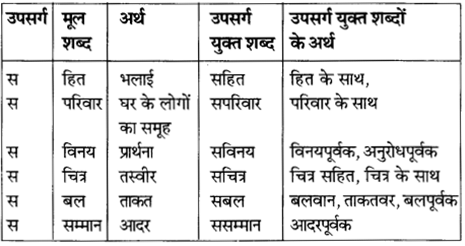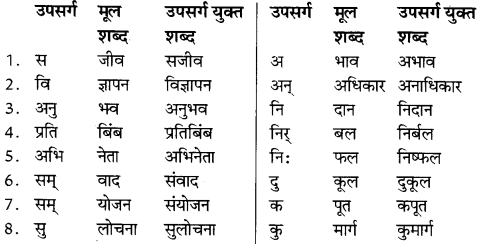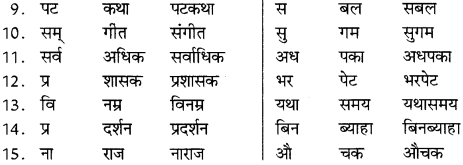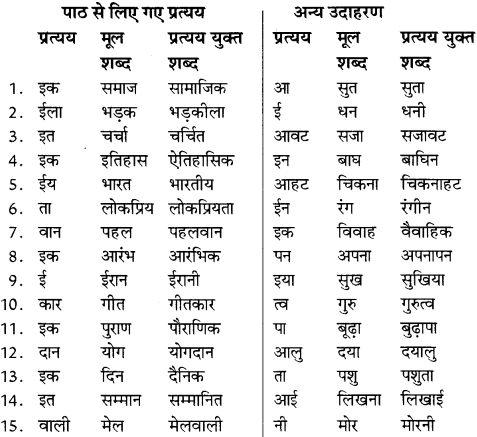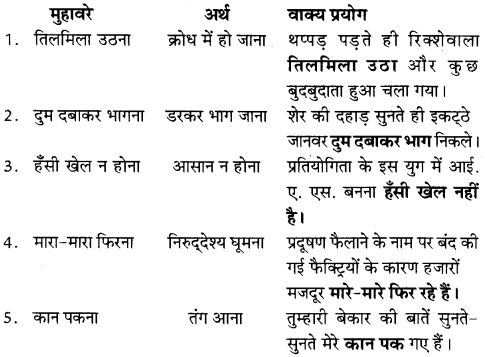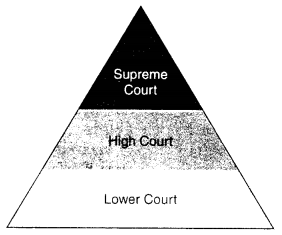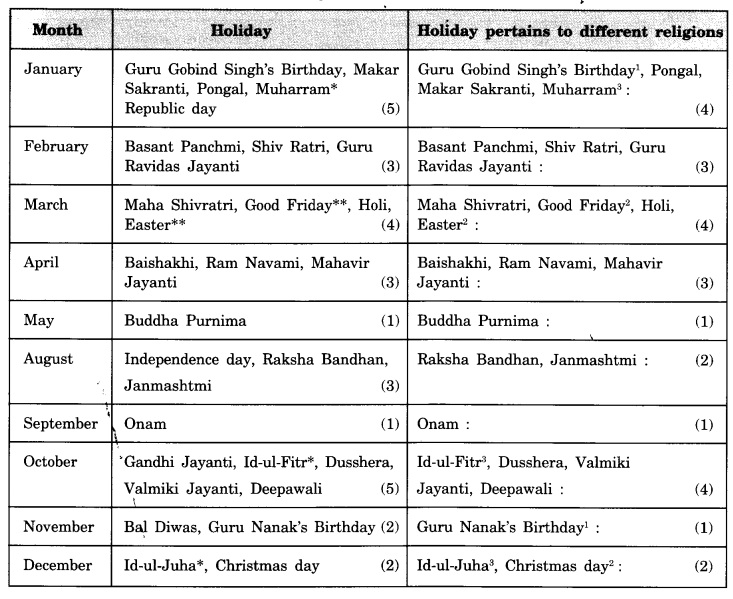NCERT Solutions for Class 8 English It So Happened Chapter 3 The Selfish Giant are part of NCERT Solutions for Class 8 English. Here we have given NCERT Solutions for Class 8 English It So Happened Chapter 3 The Selfish Giant.
| Board | CBSE |
| Textbook | NCERT |
| Class | Class 8 |
| Subject | English It So Happened |
| Chapter | Chapter 3 |
| Chapter Name | The Selfish Giant |
| Category | NCERT Solutions |
NCERT Solutions for Class 8 English It So Happened Chapter 3 The Selfish Giant
TEXTUAL EXERCISES
COMPREHENSION CHECK (Page 20)
1. Why is the Giant called selfish ?
2. On one occasion the children said : “How happy we are here !”
Later they said : “How happy we were there !”
What are they referring to in both the cases ?
3. (i) When spring came, it was still winter in the garden. What does winter stand for or indicate here ?
(ii) Winter has been presented like a story with its own characters and their activities. Describe the story in your own words.
4. Was the Giant happy or sad over the state of the garden ?
5. What effect did the linnet’s song have over Hail and the North Wind ?
Answers
1. The Giant is called selfish because he thinks of himself only. He does not allow children to play in his garden. He builds a wall around the garden. He also puts a notice of warning in the garden.
2. In both the cases they were referring to the Giant’s garden.
3. (i) Winter stands for many things. The flowers didn’t blossom in the Giant’s garden.
The Birds didn’t sing there. There was no joy.
(ii) Winter is shown in various characters. It has Snow, Frost, North Wind and Hail. The Snow covered up the grass. The Frost painted the trees silver. The North Wind roared all day. It blew the chimney-pots down. The Hail rattled on the castle roof.
4. The Giant was sad over the state of the garden.
5. The Hail stopped dancing over his head. The North Wind stopped roaring.
COMPREHENSION CHECK (Page 24)
1. (i) The Giant saw a most wonderful sight. What did he see ?
(ii) What did he realise on seeing it ?
2. Why was it still winter in one corner of the garden ?
3. Describe the first meeting of the little boy and the Giant.
4. Describe their second meeting after a long interval.
5. The Giant lay dead, all covered with white blossoms. What does this sentence indicate about the once selfish Giant ?
Answers
1. (i) The children sat in the branches of the trees. The trees had blossoms. They were waving their arms gently over children’s heads. The birds were flying. They were chirping with joy. Flowers were laughing. It was a most wonderful sight which the giant saw.
(ii) The Giant’s heart became soft. He called himself selfish. He now realised why there was always winter in his garden.
2. It was still winter in one corner of the garden. A little boy stood there under a tree. He was wandering. He was weeping also. He had not been able to climb the tree. So it was still winter there.
3. In the first meeting the little boy did not run seeing the Giant. He was weeping. The Giant took him gently. He put him into the tree. The tree broke at once into blossom. The birds came and sang. The little boy embraced the Giant. He also kissed him.
4. In the second meeting the Giant saw the little boy wounded. The Giant got angry at it. He said that he would kill the person who had wounded the little boy. But the little boy said that his wounds were of love.
The surprised Giant had asked him who he was. A strange awe fell on him. He knelt before the little child.
The child smiled. He told the giant who he was. The Giant had once allowed him to play in his garden. Now he would go with the Child to play with him in his garden. This garden was paradise.
5. This indicates that the Giant is no longer selfish and cruel. He has been blessed with Lord Christ himself. That’s why, he is covered with white blossoms. White colour is a symbol of peace.
EXERCISE (Page 24)
Discuss the following topics in groups.
Question 1.
The little child’s hands and feet had marks of nails. Who does the child remind you of ? Give a reason for your answer.
Answer:
The child reminds me of Lord Christ. Lord Christ was put on a cross with nails on his palms and feet. The little boy had these nail marks.
Question 2.
Is there something like this garden near where you live ? Would you like one (without the Giant perhaps) and why ? What would you do to keep it in good shape ?
Answer:
Yes. There is a beautiful garden near where I live. I like Gardens much. I have a small garden in my own house too. I love flowers and plants. It is one place which is liked by all – young, old and children. To keep it in good condition, I believe there should be more gardeners. So many people use the garden. They can also help to keep it in good shape.
We hope the NCERT Solutions for Class 8 English It So Happened Chapter 3 The Selfish Giant help you. If you have any query regarding NCERT Solutions for Class 8 English It So Happened Chapter 3 The Selfish Giant, drop a comment below and we will get back to you at the earliest.
